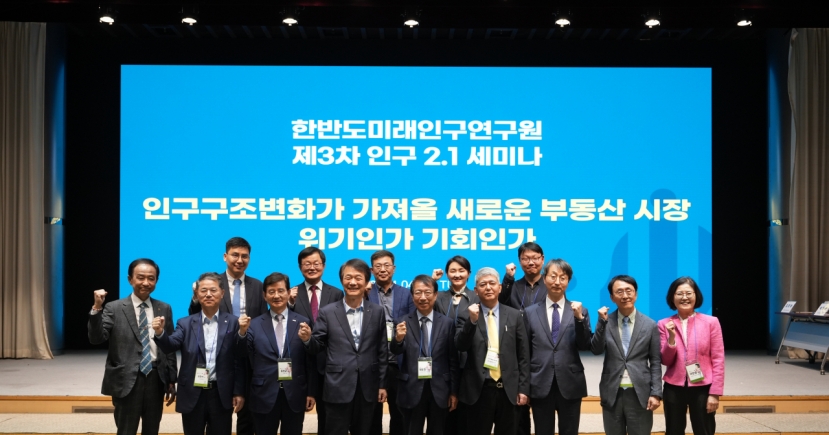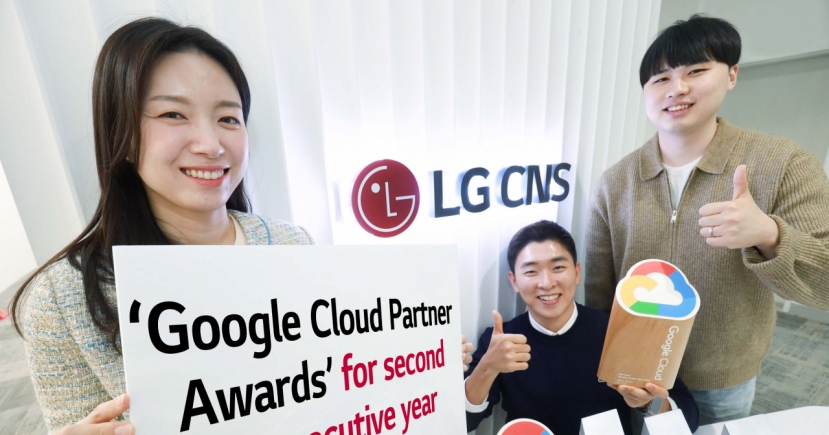Market Now
[KH Explains] Political meddling prolongs KT leadership vacuum
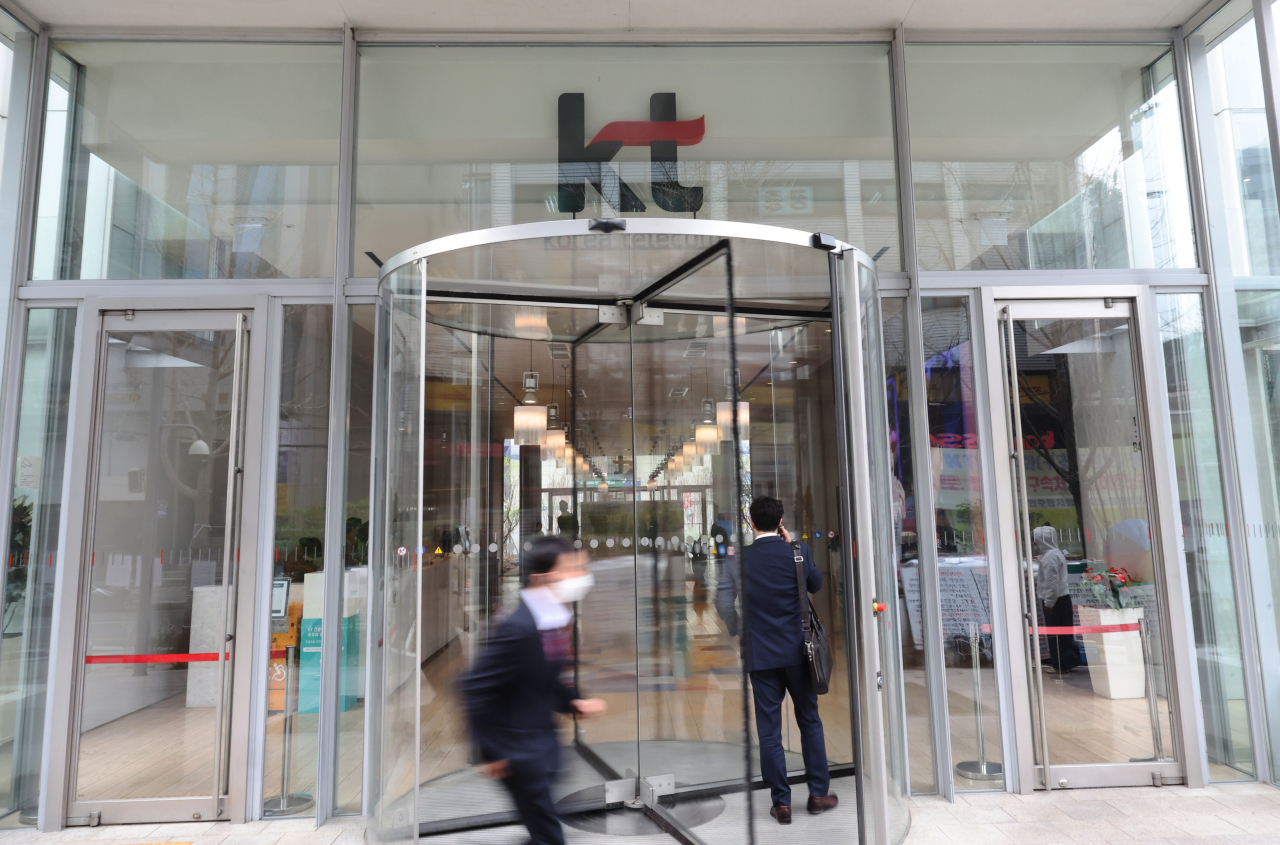 |
KT Corp.'s Gwanghwamun building in Seoul (Yonhap) |
South Korea’s telecommunications giant KT Corp. is in turmoil after a series of CEO candidates stepped down, apparently under pressure from the presidential office and the ruling party. More than two decades after its privatization, the government's political clout still seems to permeate the company, and investors are outraged by a recent plunge in share prices.
“If this situation happens overseas, it would be called a scandal,” said Park Sang-in, a professor at Seoul National University’s Graduate School of Public Administration, criticizing the government for wielding too much influence without holding any stake in the company.
“Even the top three shareholders are not free from political influence, which means no immediate breakthrough in the situation,” he added, referring to the National Pension Service, Hyundai Motor Group and Shinhan Bank, the three largest shareholders that own a combined 20 percent stake.
KT on Tuesday put itself in emergency management following CEO Ku Hyeon-mo’s resignation three days before his official term ends Friday. President Park Jong-ook, head of corporate planning, will replace him to serve as the acting CEO.
After a general meeting set for Friday, KT’s emergency management committee plans to restart the CEO nomination process, which it said would take about five months to be completed. But industry watchers predict the leadership vacuum will likely last throughout the year.
CEO risks repeated
Until December last year, there was little doubt about the incumbent CEO Ku, an industry veteran with an engineering background, seeking his second term after the company’s robust growth under his three-year leadership.
Last year, the company posted 25.65 trillion won ($20 billion) in sales, the first time the figure hit the 25 trillion won mark since its 1998 listing. Operating profits also exceeded 1.6 trillion won for the second consecutive year.
During the past three years alone, the share price almost doubled.
But Ku gave up his second term after the NPS -- the state-run pension fund and the company’s largest shareholder -- voiced opposition to the nomination without open competition. Even though no specific reasons were revealed, a common sentiment is that the CEO who took office during the former Moon Jae-in administration was pressured to resign after the inauguration of the Yoon Suk Yeol government in May last year.
Following his resignation, another round of the nomination process was launched and the board designated Yun Kyung-lim, head of business transformation division, as the final nominee recently. But ahead of this week’s shareholders meeting, he also offered his resignation.
Since the company’s privatization in 2002, just one CEO succeeded in being reappointed, while others failed to do so largely due to their estranged relationship with the government.
“In developed countries like the US, major companies operate their own CEO nurturing program, under which in-house industry veterans undergo rigorous training for about 10 years, not less than five years, for them to gain long-term vision and insight,” said an adviser to a local law firm on condition of anonymity.
“It’s very natural for many foreign investors to view KT’s latest CEO crisis negatively. The management should be controlled by shareholders, not the government or politicians.”
Plunge in share price
The revolving doors of CEOs have directly hurt shareholder value. Over the past months since Ku’s CEO nomination in December, the company’s share prices tumbled almost 14 percent. The price hit a 52-week low of 28,900 won at one point Thursday.
Major brokerage houses also cut their target prices. NH Investment & Securities reduced its price target to 38,000 won per share from 50,000 won, while Daishin Securities and Meritz Securities lowered the share price target to 44,000 won from 52,000 won and 45,000 won from 51,000 won, respectively.
As of the end of 2022, the NPS holds a 10.13 percent stake, followed by Hyundai Motor Group with 7.79 percent and Shinhan Bank with 5.58 percent. Foreign and retail investors own 44 percent and 34 percent, respectively, but their voices are rarely heard.
“A CEO succession plan is one of the key corporate governance issues," said Ryu Young-jae, founder and CEO of Sustinvest, adding "KT is a fully privatized company. The board picked Ku and Yun as the CEO nominees but they resigned under outside pressure."
He called this governance structure vulnerable to political meddling one of the key reasons why Korean firms get undervalued globally despite their business potential.
Park, the professor, echoed the view, saying if these decades-old issues persist, foreign investors will have no other option but to ditching their shares.
“For KT, foreign investors are minority shareholders and it’s difficult for them to voice their concerted concerns. These repeated CEO risks would deepen distrust among them,” he said.
By Jie Ye-eun (yeeun@heraldcorp.com)


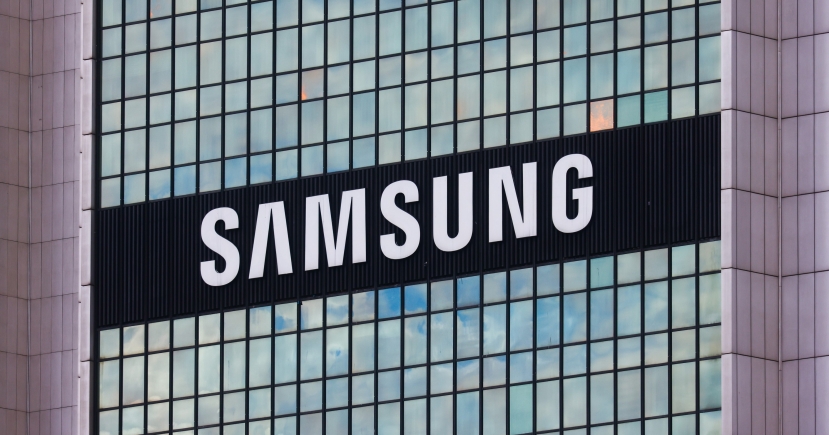
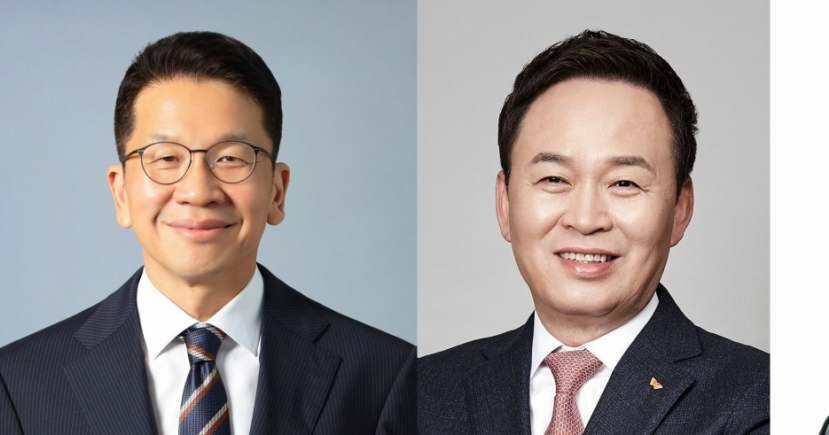
![[Exclusive] Korean military set to ban iPhones over 'security' concerns](http://res.heraldm.com/phpwas/restmb_idxmake.php?idx=151&simg=/content/image/2024/04/23/20240423050599_0.jpg)
